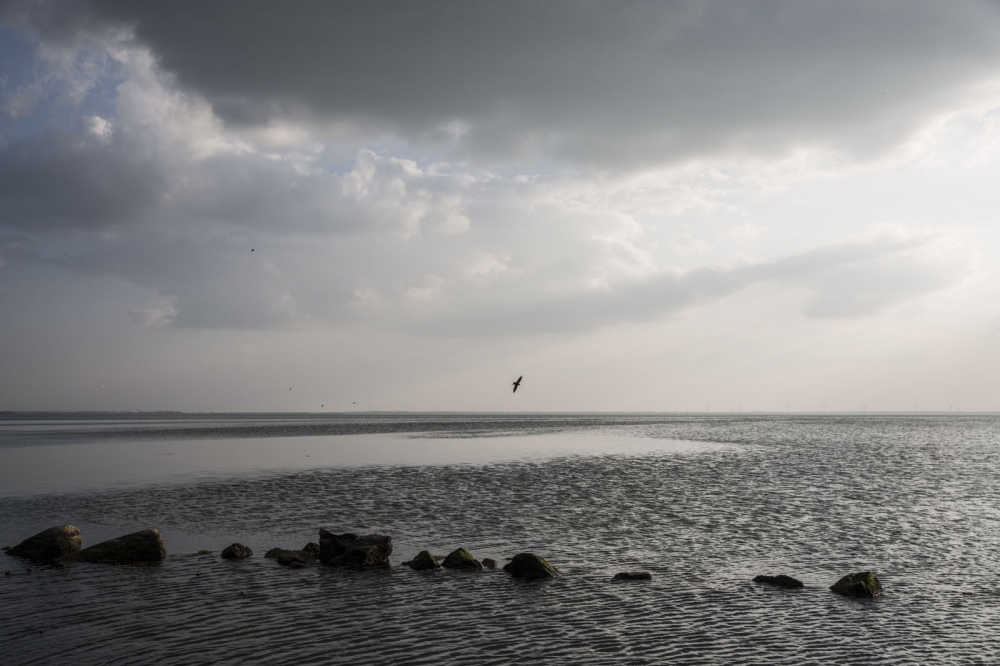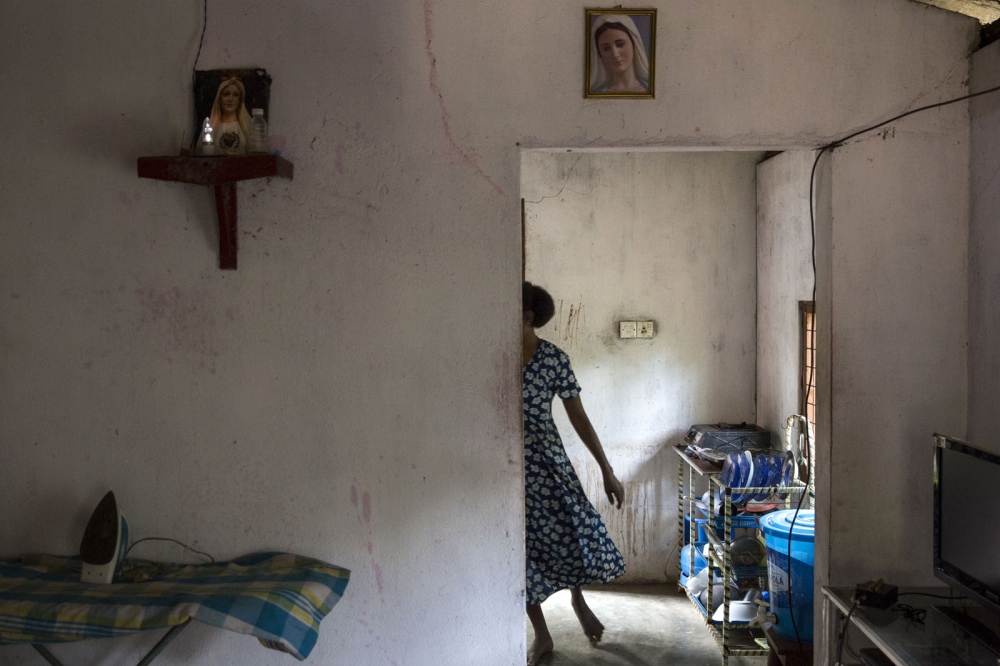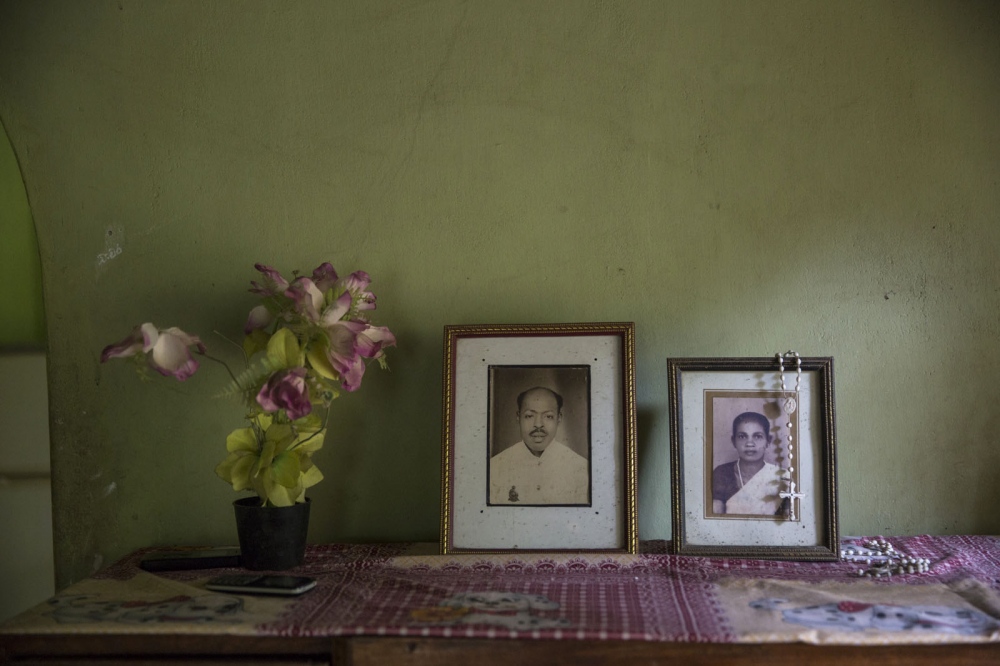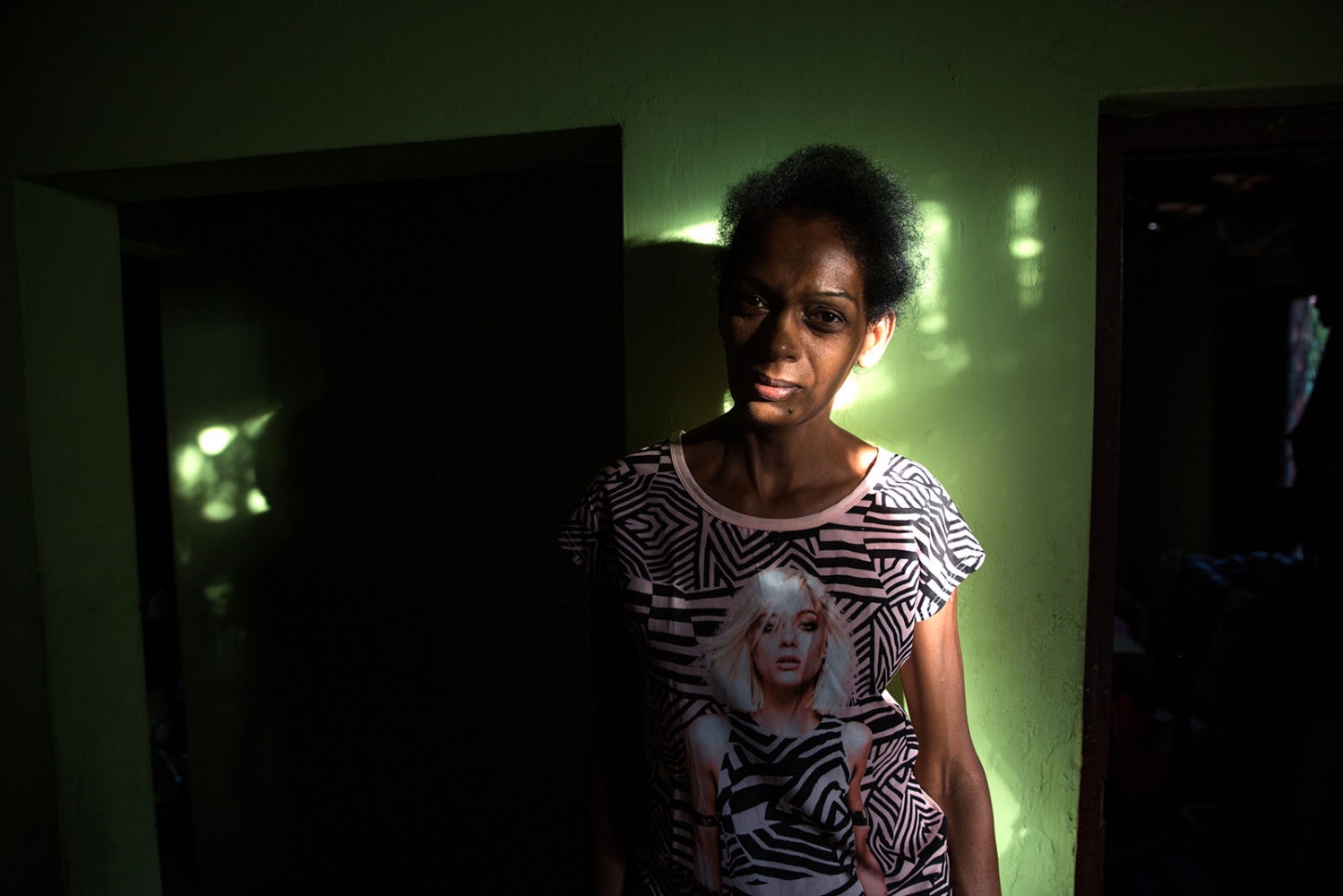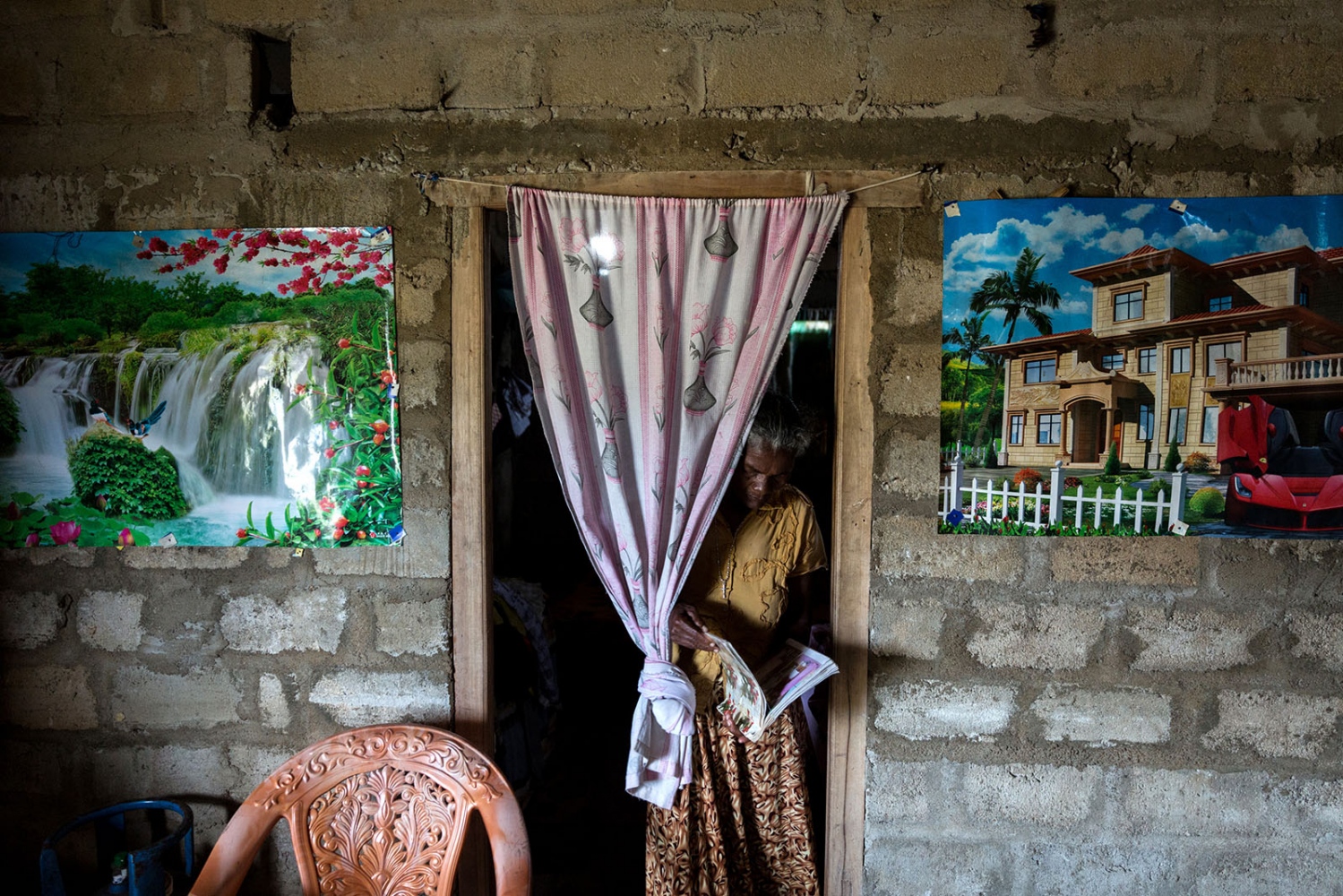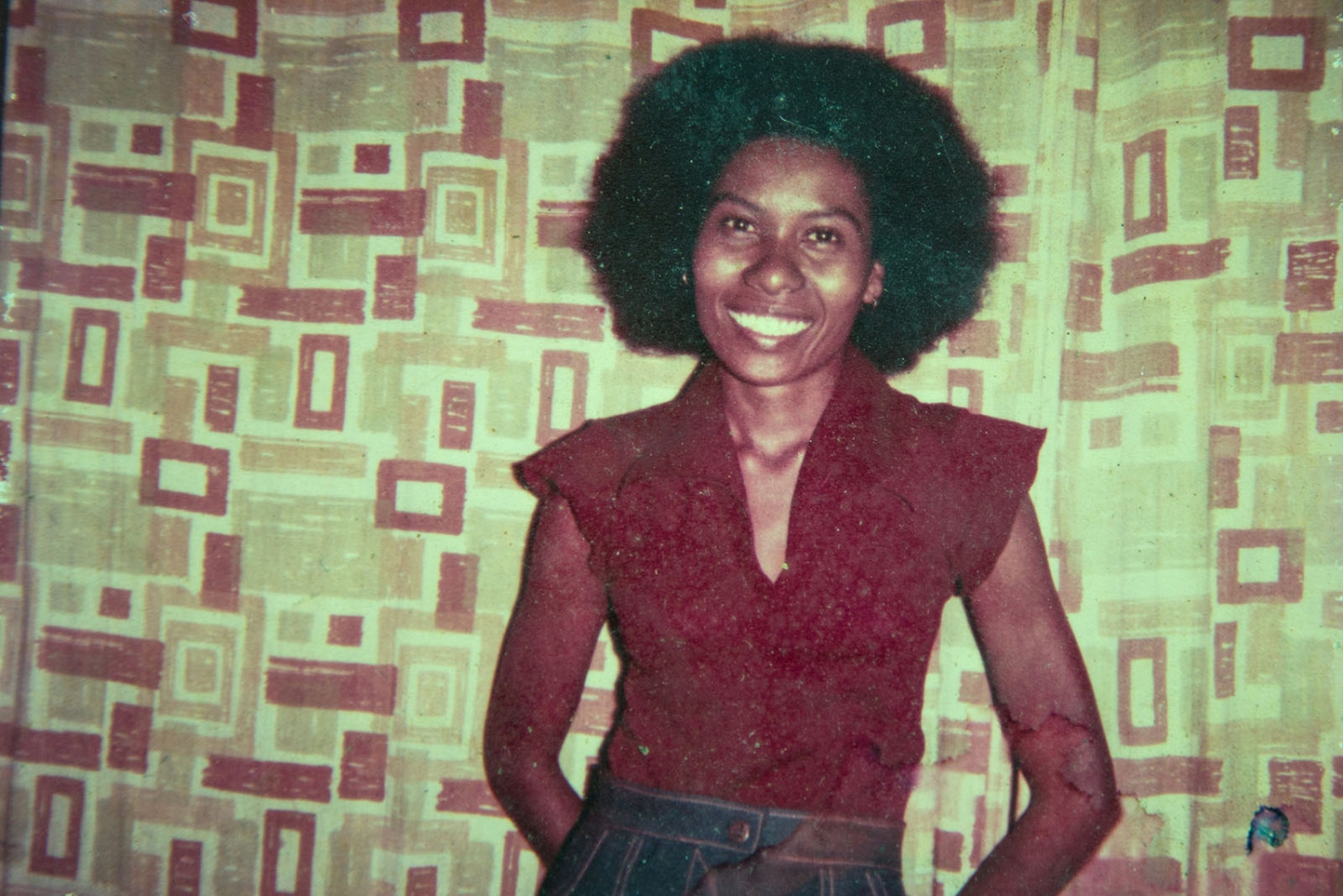On September 24th 2017, the last remaining Afro-Sri Lankan’s commemorated what they believe to be their 500-year anniversary of their presence and 200 years since the Abolition of Slavery on the island. These hugely significant dates mark when they believe the first African slaves arrived on the island and when they were eventually freed.
Held at their local Catholic church, almost one thousand local people gathered to watch as the small, separated pockets of Afro-Sri Lankans came together for the first time in decades and celebrated their culture, traditions and delicate existence.
Out of all communities of African diaspora communities surrounding the Indian Ocean those of Sri Lanka are by far the smallest and most fragile. The first African slaves were first brought by the Portuguese, followed by the Dutch and finally the British as the various colonial powers battled for control of the country and its resources.
After the Abolition of the Slave Trade Act was passed in the British Parliament in 1807, the process of putting an end to slavery began in British controlled territories. Once freed and unable to return, they married and became part of Sri Lankan society. A century later the Afro-Sri Lankan population was believed to be around 6000 strong. Today, that number has dwindled to less than 300.
Inter-marriage with local Sri Lankan’s over generations has led to a dilution of their population for once they marry a Sinhalese they are no longer classed as Afro-Sri Lankans on their birth certificate. As a result, the population has gone past the point of recovery.
Their community now may be small but there are members of the Afro-Sri Lankan community, particularly those living in and around the western coastal town of Puttalam, who take extreme pride in their heritage and are trying to preserve their culture. In 2012, they formed the Ceylon African Society and on September 24th 2017 they organised their biggest event to date. It is likely this tiny population will disappear within the next few generations but until it does Sri Lanka’s African community are making sure that their presence is known.

